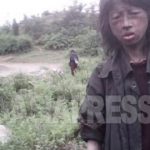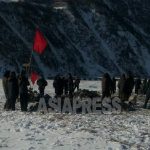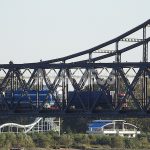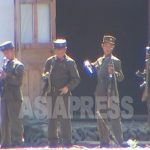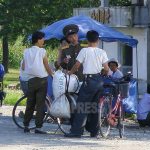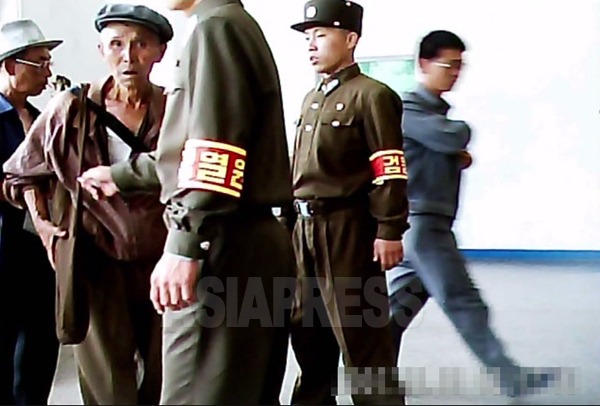
◆ Ministry of State Security Command deployed to Hoeryong City
The North Korean authorities reportedly deployed the Ministry of State Security Command to Hoeryong City, North Hamkyung Province in early August in an attempt to clamp down on crime in the area. Over the last month of the crackdown, there has apparently been a large number of arrests, as the authorities have sought to root out organized crime and combat drug traficking and prostitution. Reporting partners across various regions of the country contributed to this report. (Kang Ji-won)
The State Security Ministry Command is a secret police organization of the military that monitors soldiers and detects anti-Kim Jong-un elements. Though monitoring of the general population is left to the local police and secret police, the Social Security Ministry Command may be deployed in important cases.
News of the Social Security Ministry Command being deployed to Hoeryong quickly spread to nearby cities, raising tensions and causing residents to fear that the command may be deployed to their region next.
A reporting partner explained the situation in Hoeryong thusly, “Social Security Command officers dispatched from Pyongyang have formed investigation teams in cooperation with local police and secret police bureaus. Residents are afraid because they do not forgive even the most minor of infractions and ruthlessly pursue investigations. They do not accept bribes at all.”
But why have Social Security Command officers been deployed to Hoeryong, a city located near the Chinese border? The rationale behind the decision was perhaps linked to the increase in crime that has resulted from the worsening local economic situation.
◆ Increase in daily crime and prostitution
To prevent the influx of the coronavirus, North Korean authorities sealed off the Chinese border in late January. Due to the resulting restrictions placed on movement and logistics, the domestic economy has rapidly deteriorated and many people have struggled to deal with the loss of their cash income. As a result of these circumstances, crime has risen in many local areas.
Another reporting partner B from North Hamkyung Province explained the extent of the issues faced by the local population, saying, “There has been an increase in drug use, prostitution, and theft. Even though there is no money going around, more and more people are using stimulant drugs. The drugs are being sold in small increments of 0.1 grams. There have been many women placed under arrest.”
So why did the authorities’ response begin in Hoeryong? According to the aforementioned reporting partner A from the area, “The production of the stimulant drugs was originally concentrated in Hamheung and Pyeongseong, however, in recent times, there has been much production in Hoeryong, closer to the Chinese border. Also, local crime- drug trafficking and smuggling to China and prostitution has become organized.”
※ Hamheung and Pyeongseong are major cities in the central region of the country and, as they are home to chemical factories, the cities were used as hubs for the manufacture and distribution of stimulant drugs.
NextPage: ◆Residents subjected to ruthless investigations...
